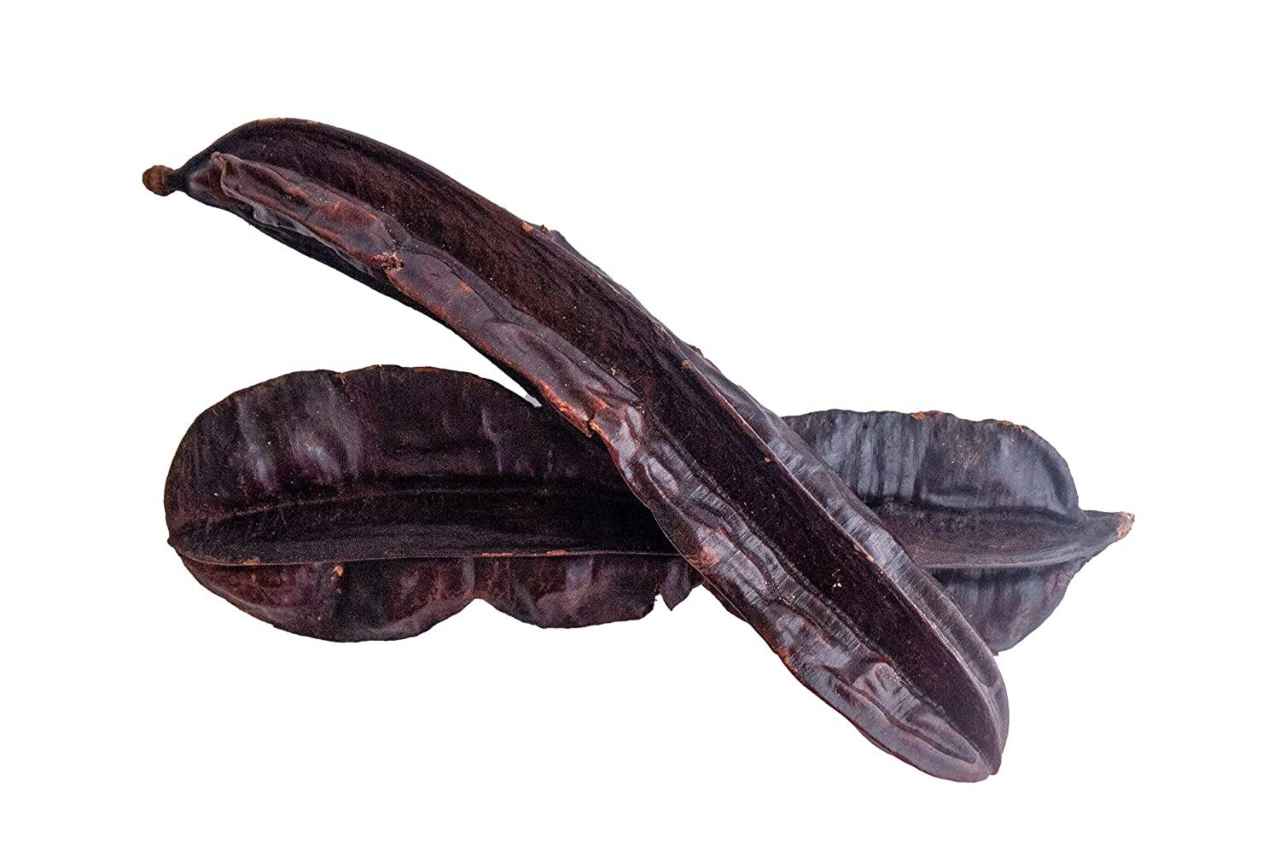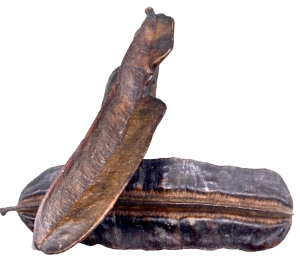Get In Touch
Info@fitfaysal.com

Prekese, also known as Aidan fruit in Nigeria, is proof of nature’s healing abilities. What health benefits can you expect from Prekese?
I’ve gone through the health benefits of various fruits, herbs, and spices, and today I came across Prekese.
Some claim it is a “miracle fruit” due to the plethora of health benefits it purportedly offers.
My aim with this blog post is to connect the dots between science-backed benefits and anecdotal, traditional benefits, providing you with only the benefits you should expect.
So, let us look at how this age-old remedy has stood the test of time, providing various benefits that captivate both traditional wisdom and modern health enthusiasts.
Scientifically known as Tetrapleura tetraptera, Prekese in Ghanaian dialect, and Aidan fruit in Nigeria, it is a distinctive pod native to West tropical Africa.
Indigenous communities in West Africa, especially in Ghana, Nigeria, and Côte d’Ivoire, have long admired Prekese for its medicinal and culinary properties.
Its historical significance arises from its role as a prevalent ingredient in traditional African herbal medicine, renowned for its multitude of health benefits and therapeutic properties.
It has historically treated diverse conditions like infections, inflammation, and digestive issues.
Several studies have shed light on Prekese’s potential health benefits, confirming its traditional uses.
For example, studies on the phytochemical composition of Prekese pods have revealed the presence of bioactive compounds that provide antioxidant, anti-inflammatory, and antimicrobial properties.
Overall, prekese has been traditionally used for centuries as an ingredient for local medicines, and now modern studies have highlighted why this fruit is highly praised.
We can’t touch on all the benefits of prekese without going through the nutrients and compounds that give them these health benefits.
This fruit has a diverse nutritional profile, as it is high in several essential nutrients vital for overall health.
Here’s an approximate nutritional value of prekese per 100 grams of whole fruit:
Prekese is rich in phytochemicals, including flavonoids, terpenoids, tannins, and alkaloids, that contribute greatly to its health properties.
Note that these values may vary depending on factors such as ripeness, storage, and origin.

The list of health benefits of prekese goes on and on, and after taking a look at its nutritional values, it’s not hard to see why.
With its broad nutrient and mineral contents, here are some science-proven ways prekese or aidan fruit can benefit health-wise:
Prekese has a good amount of dietary fiber and tannins, which may help with digestive issues.
The fiber facilitates digestion, while the protective properties of tannins contribute to nurturing a healthier gut.
This fruit adds a layer of protection to the digestive system, reducing irritation and promoting overall gastrointestinal health.
Its anti-inflammatory properties stem from the high concentration of flavonoids and alkaloids present in Prekese.
These compounds act as natural inflammation fighters, alleviating discomfort and reducing inflammation in various parts of the body.
Bursting with antioxidants, particularly vitamin C, this prekese fruit extract may shield you against oxidative stress.
Antioxidants fight against naturally occurring free radicals in the body that lead to oxidative stress and may cause health issues if left to multiply.
Prekese contains unique compounds with promising blood sugar management potential. These compounds work together to support better glucose level control, providing a natural aid for people with type 2 diabetes mellitus.
A study conducted on rats given 50 mg/kg extracts of prekese or T. tetraptera leaf led to a 30% change in fasting blood sugar levels.
Due to its rich blend of antioxidants and antimicrobial properties, Prekese is recognized as an additional natural option for wound care.
Antioxidants aid in the healing process, while antimicrobial properties help prevent infections and speed up the body’s natural wound healing.
Prekese’s high vitamin C content and other immune-boosting compounds form a strong defense line for your immune system.
These nutrients help to strengthen the body’s defenses, thereby keeping illnesses at bay and improving overall immune health.
In African traditional history, Prekese served as a medicinal plant for alleviating fever and combating malaria.
And now, studies are beginning to confirm its effect.
Its compounds have antipyretic and anti-malarial properties, demonstrating the fruit’s traditional role in treating these health conditions.
While research on Prekese’s respiratory benefits remains limited, it traditionally served as a treatment for asthma.
Its high antioxidant content suggests that it may be beneficial to respiratory health.
Certain compounds in the Prekese plant have anticonvulsant properties that may be useful in the treatment of convulsions.
While the research is limited, preliminary studies suggest the pod’s ability to offer relief from convulsions is due to its therapeutic properties.
Additionally, it has been a recurring medicinal ingredient for convulsions in most African countries.
Check out The 13 Proven Health Benefits of Uda seeds (Negro Pepper
Prekese is a very versatile ingredient that extends beyond internal health benefits. Here are the different ways people have used and continue to use prekese:
A common question people have is how to effectively add prekese to their meals and the right amount needed to reap its health benefits.
Here’s a ballpark daily intake of prekese required for health benefits:
Whole Pod/Fruit Form: Adding 2-3 pods when cooking meals or brewing teas may offer benefits.
Powdered Form: A quarter to half a teaspoon (about 1-2 grams) mixed into food or beverages daily can be a sufficient amount to reap potential health benefits.
Extract form: For appropriate dosage instructions, it is best to follow the instructions on the product label or consult with a healthcare professional.
These amounts are only guidelines and may vary depending on an individual’s health, tolerance, and product concentrations.
For best practice, start small, then gradually increase your intake over time.
Prekese Tea: Brew Prekese pods into herbal teas and add natural sweeteners like honey or lemon for taste, if desired.
Marinades: Combine crushed Prekese pods with herbs, spices, and oils to make flavorful marinades.
Smoothie Boost: Add powdered prekese to your morning smoothies or shakes.
Blend it with fruits, yogurt, and greens to give your beverage a nutritious and flavorful boost.
Prekese Spice Blend: Mix powdered Prekese with other spices such as cinnamon, nutmeg, or cloves to make a Prekese spice blend.
Rice and Grains: Prepare rice and other grains with powdered or whole prekese pods to infuse them with their distinct flavor.
While being the nutritional tank that it is, prekese, just like any other thing, should be taken with precaution.
Here are some precautions and things to consider:
The science-backed benefits of Prekese are remarkable, aiding digestion and cardiovascular health, reducing inflammation, regulating blood sugar for diabetes, promoting wound healing, boosting the immune system, and much more.
Furthermore, Prekese’s versatility goes beyond internal health benefits, extending to culinary, preservative, cultural, skincare, and repellent uses.
Understanding how to incorporate Prekese into the diet with proper daily intake guidelines is crucial for maximizing its health advantages.
In essence, while Prekese boasts an impressive nutritional profile and diverse health benefits, its consumption should be mindful and aligned with individual health conditions to harness its potential without adverse effects.